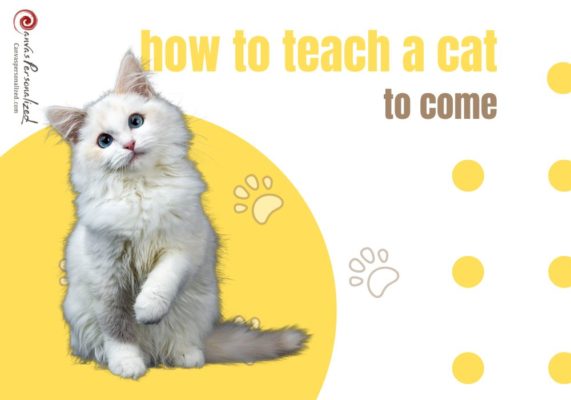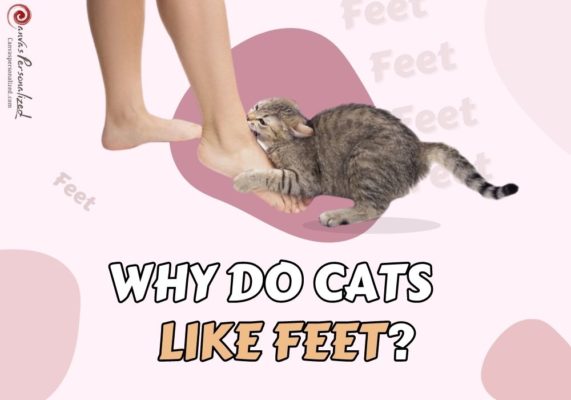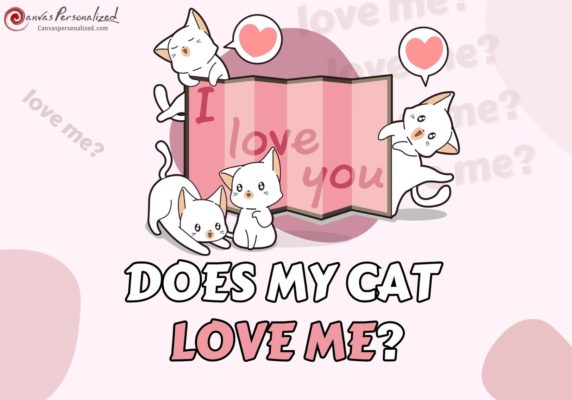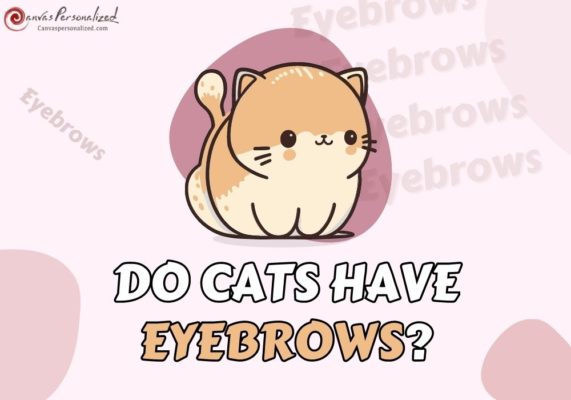Laughter is a universal expression of happiness and enjoyment, but have you ever considered if cats share this lovely human experience? While cats have their own methods of showing pleasure and joy, the idea of laughing is totally different among felines.
In this post, we’ll delve into the fascinating realm of cat behavior and investigate whether cats can laugh. From their amusing behaviors to strange vocalizations, we’ll discover the answer to the age-old question: Do cats laugh? Let Canvas Personalized begin on this amazing adventure to learn about the unique ways our feline companions exhibit their excitement.
Do Cats Laugh?
No, your cat cannot officially laugh, but they do show other symptoms of happiness. Purring is your cat’s primary means of showing happiness.
Some individuals even regard purring to be the same as cat laughing. That’s nice, but it’s not the same thing.
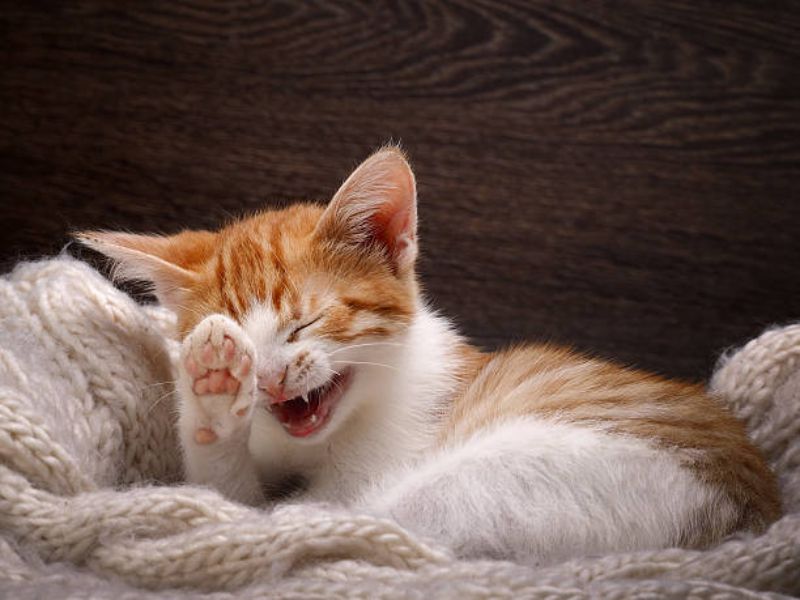
Why Do We Laugh?
It’s unclear why humans evolved to laugh. Every individual on the globe does it, regardless of language, and we all do it subconsciously. It simply surges up from deep inside us, and we have no control over it. It’s infectious, sociable, and something we learn before we can talk. It is supposed to exist to give a connecting factor among people.
At the same time, another idea holds that it began as a warning sound to emphasize the unexpected, such as the abrupt entrance of a saber-tooth tiger. So, although we’re not sure why, we know we do it. But do animals laugh? If not, why not?
Do Cats Find Things Funny?
Now for the key part! Is there a sense of humor in cats? Many individuals (including me) believe the answer is yes. Humans are, after all, animals. If humans can find something amusing, shouldn’t all other creatures be able to as well? So do cats laugh?
However, we have no means of knowing whether or whether cats find something humorous. We can’t exchange jokes with cats since they don’t speak our language. While cats may have a sense of humor, their idea of hilarious is likely to vary greatly from ours.
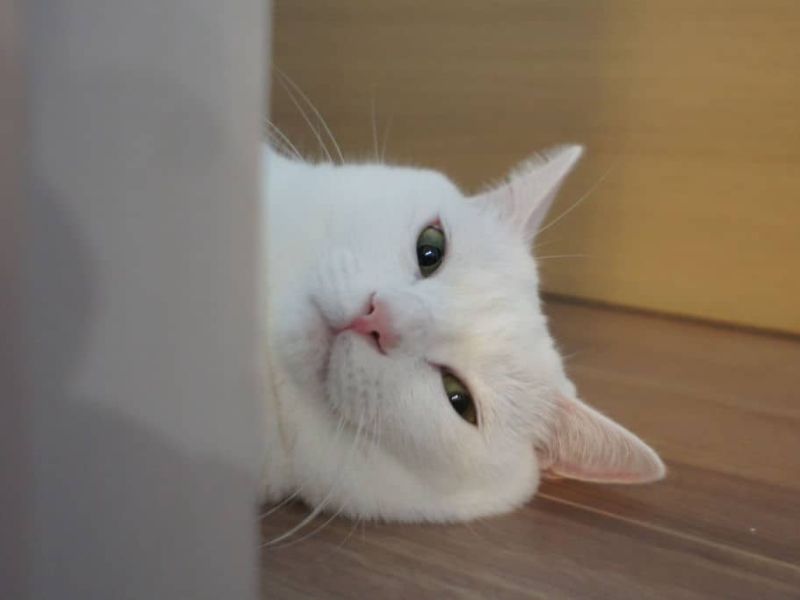
For example, even if your cat understands our jokes, I doubt he’ll laugh at them. However, your cat may find a half-dead mouse battling to live interesting. On the other hand, we would not find the humor in this!
It’s like if you met someone who had an entirely different sense of humor than you. You both have a great sense of humor. You simply find many things amusing.
Ways Cats Express Happiness, Joy, and Amusement
Unlike humans, cats do not laugh but may display pleasure and delight through various actions. Cats often purr when they are happy or comfortable, which many owners perceive as laughing. They may also wag their tails or leap around in reaction to anything humorous.
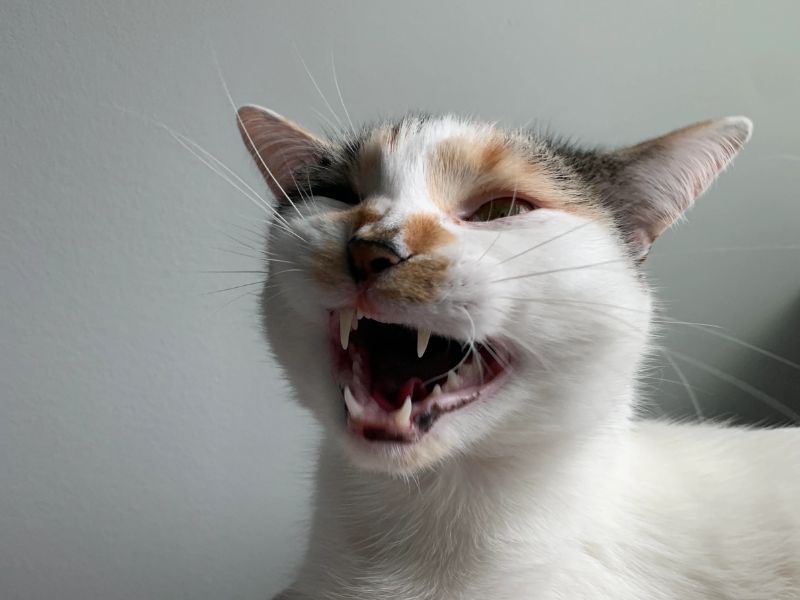
Vocalizations
Vocal cats are usually happy cats. Cats do not vocalize in the wild since doing so would jeopardize their place. Only confined cats attempting to get their owner’s attention tend to meow excessively. That’s not to suggest that every meow you hear is pleasant. The cat will also meow if it is hungry or if there is an issue. However, if the vocalizations persist and seem more like conversing or singing, your cat is most likely expressing delight.
Purring
Purring is typically an indication that your cat is content. If your cat is purring, this is the closest you’ll come to hearing your cat giggle.
Purring might also be your cat’s technique for staying calm. If your cat is anxious, the quiet smooth purr may be their method of calming themselves.
“Making Biscuits” on You
Kneading or creating biscuits on you indicates that your cat is content. When a cat is comfortable and joyful, he or she will do this.
They learned this when they were kittens when they kneaded their mother while sipping milk. Hence, do cats laugh? A cat making cookies on you is a sign of full happiness.
Watch the Ears
How to make a cat laugh? The ears are one of your cat’s most expressive features, and learning to monitor the ears may reveal a lot about your cat. Flattened ears indicate that the cat is uptight or furious, while upright ears indicate that the cat is attentive and cheerful. The higher the position of the ears, the more relaxed it is. Moving ears are attempting to concentrate on something.
Tail
The cat’s tail also communicates a lot of its feelings. A joyful cat has a tail that sticks straight up or looks like a question mark. Happy cats often wrap their tails around the legs of people they admire. Cats that swing their tail back and forth quickly are agitated and may slap their tail off the floor to express their dissatisfaction. A puffy tail usually indicates that the cat is worried, and a terrified cat may hide its tail between its knees.
Do Cats Know When You’re Happy?
How does a cat laugh? Research shows cats perceive a wide spectrum of emotions, from rage to enjoyment. A cat can tell when you’re pleased and will respond appropriately based on your signals.
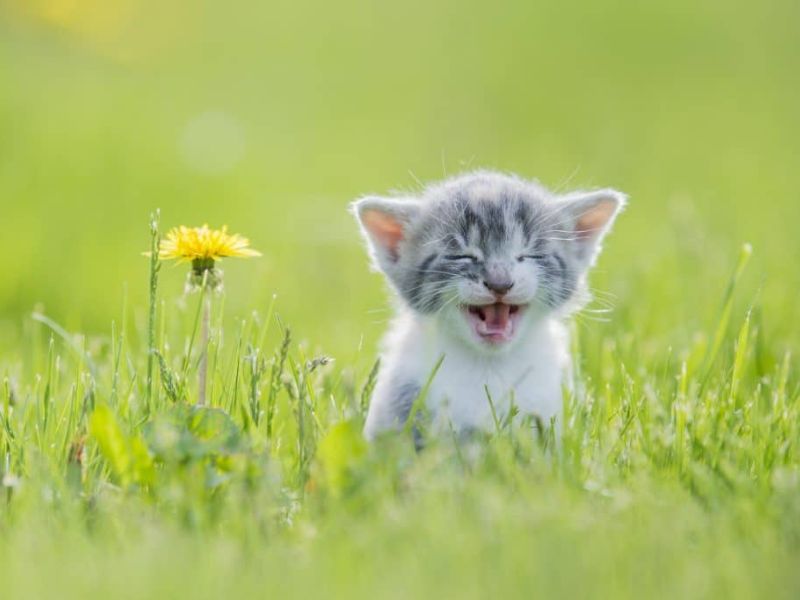
They may react differently if your temperature or other signals change. Cats can detect relaxed body language and tone of speech. Animals are good at picking up on clues that people usually miss, but cats struggle with facial emotions.
Cats have social abilities that allow them to perceive human emotional signals, which is important for maintaining interspecies interactions and strengthening the link between people and cats.
Tips to Increase the Bond with Your Cat
A strong link with its owners and other animals that may share their home is essential to a cat’s happiness. Here are some fantastic ways to connect with your cat:
- Focused playtime: Spending a few minutes with your cat strengthens your relationship and is beneficial to their physical well-being.
- Grooming: Brushing, combing, and even massage are excellent methods to show your cat that you care, as well as to check for pests like fleas and any injuries.
- Treats: Giving your cat snacks is just a lovely thing to do!
- Cuddle time: Snuggles or lap time with your cat might make them happy, but they are also beneficial to your health.
While your cat does not laugh at you, it may show you indicators of happiness. Purring and rubbing against you are two frequent behaviors of joyful cats.
To be certain, keep an eye out for these indicators in your cat. Your cat may even do actions to make you pleased.
Cats are always getting into mischief, which makes you giggle. If your cat is happy and healthy, the link between you and your cat will become stronger.
>>> Read more:
- Why do Cats Like Feet So Much? – 6 Easiest Reasons
- Do Cats Get Embarrassed? Top 6 Situations of Their Feelings
In conclusion, do cats laugh? Cats may not have fun in the same behavior as people, but they have other methods of showing happiness, pleasure, and fun. Even though we can’t translate every detail of their language, we can see that cats have their own unique ways of expressing their feelings. Let’s keep loving and appreciating our feline companions for how they show affection and make us giggle.



